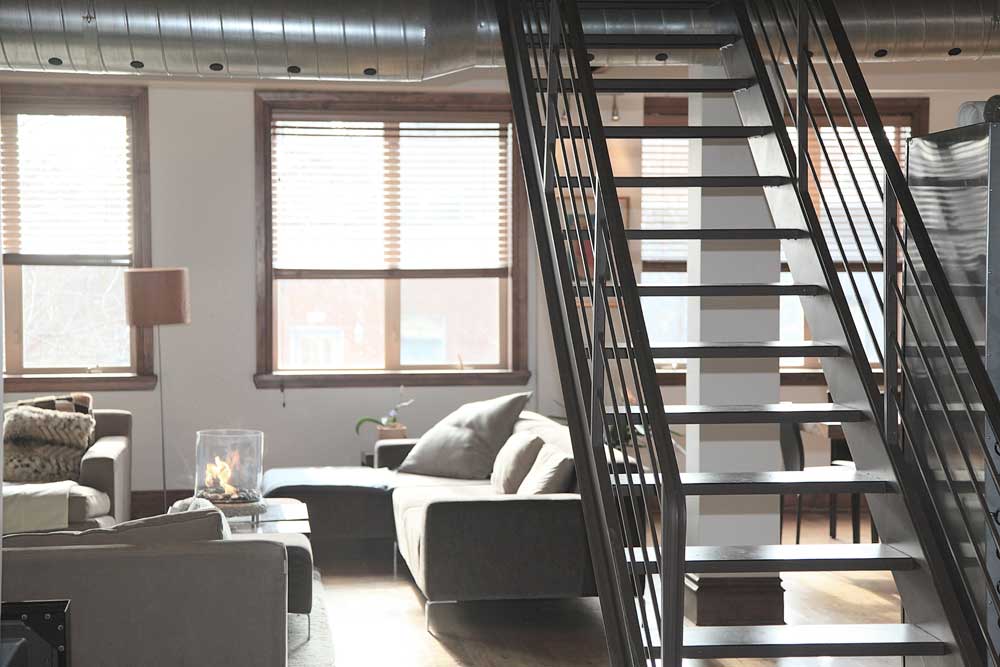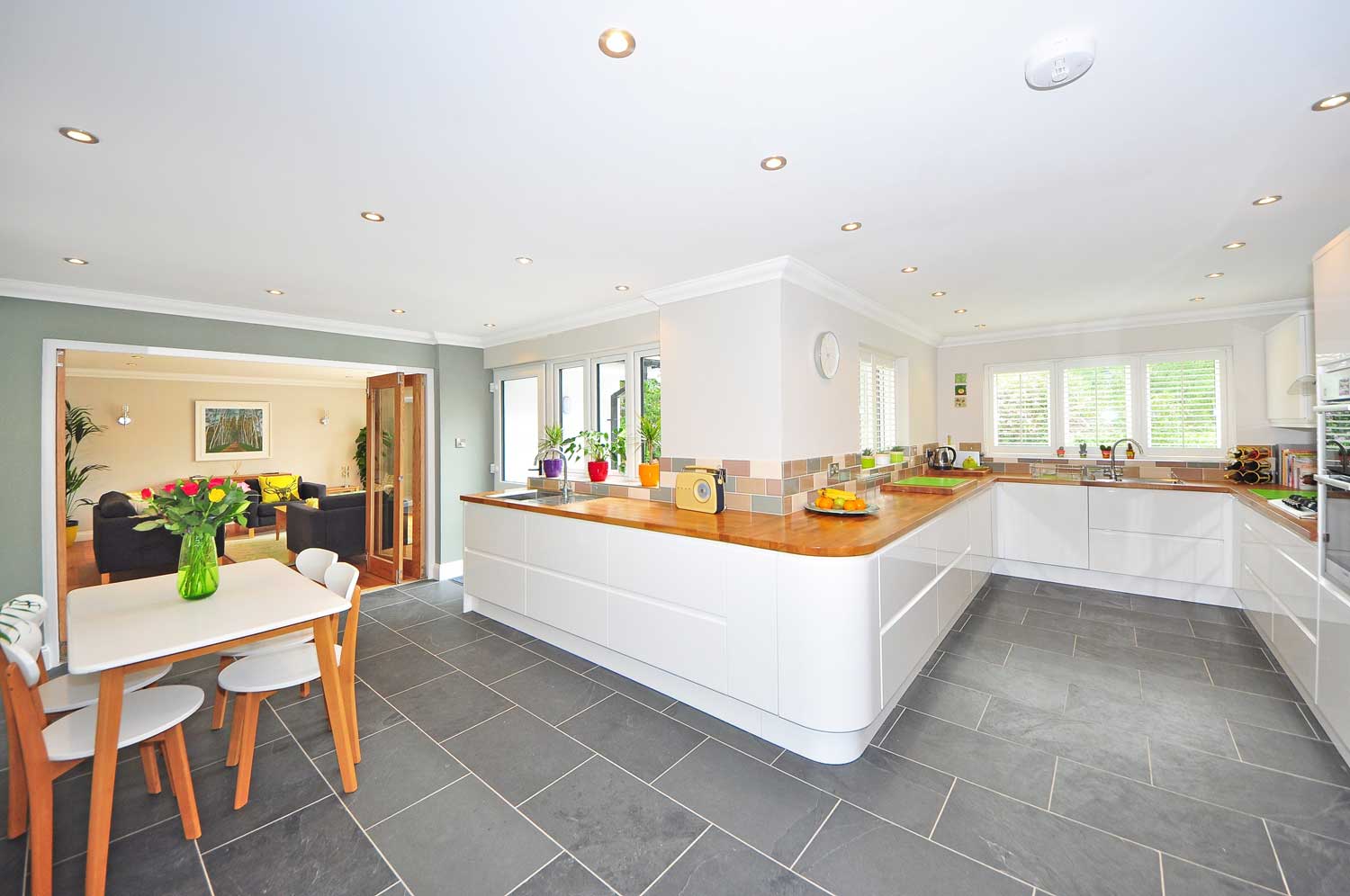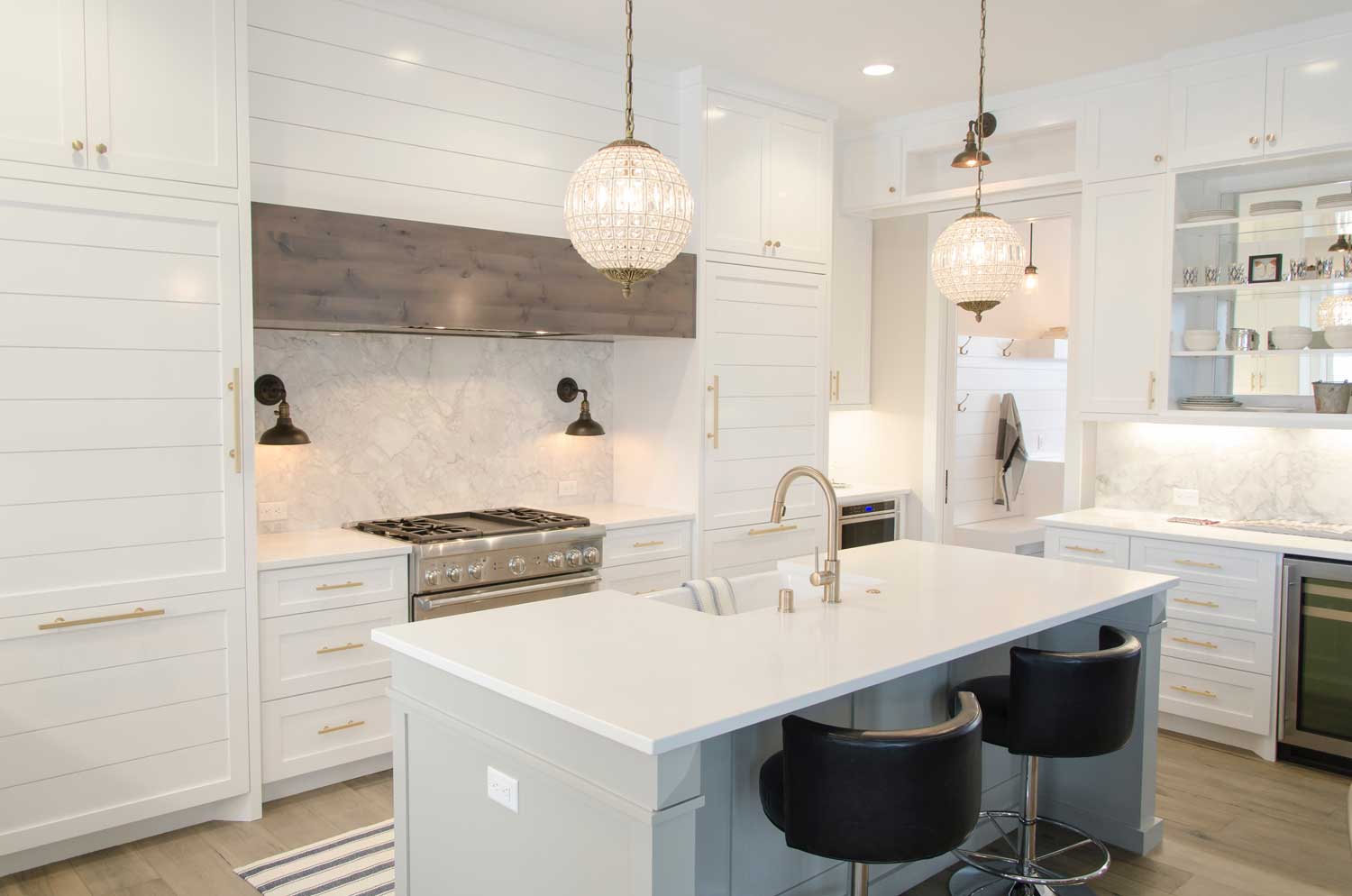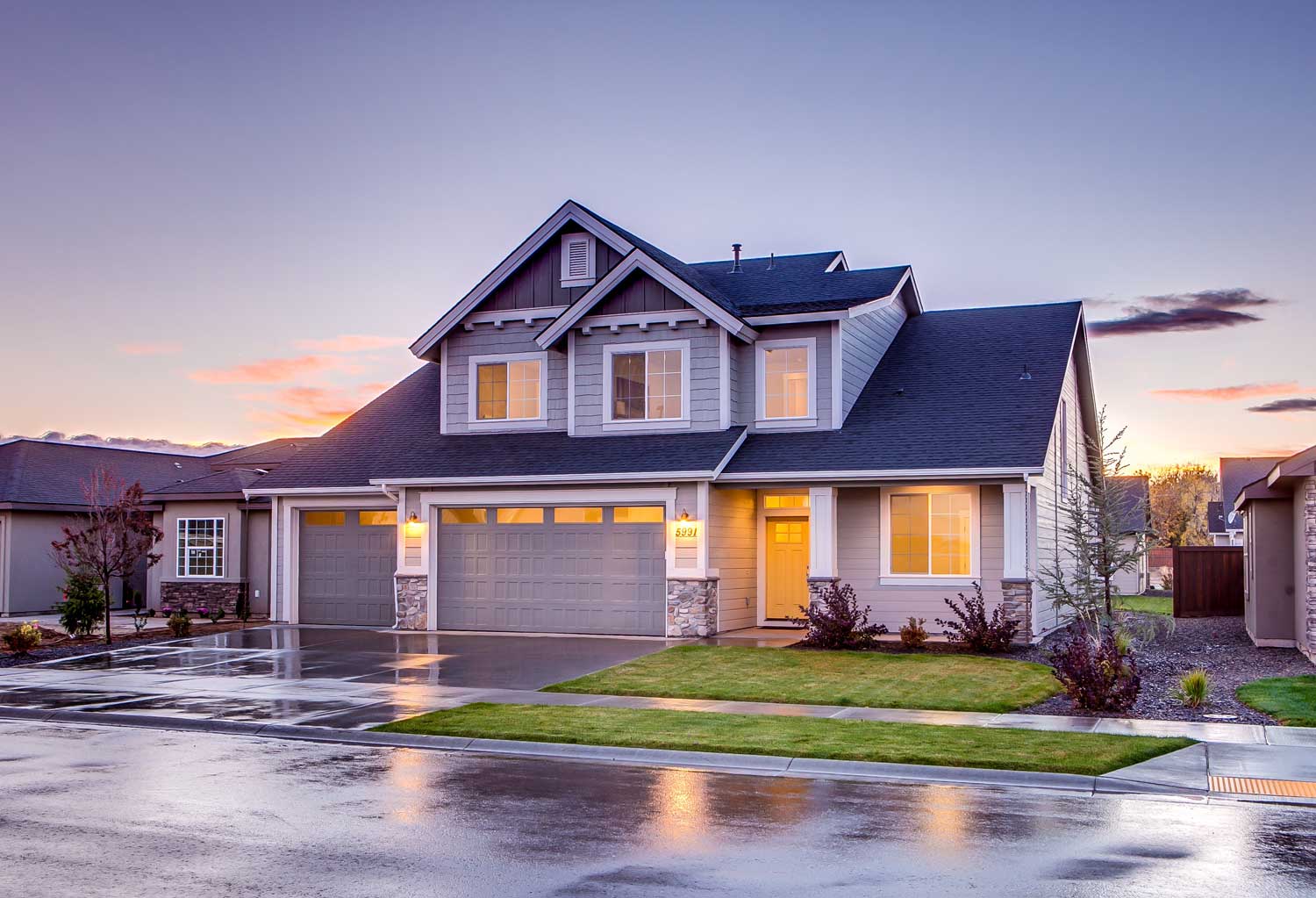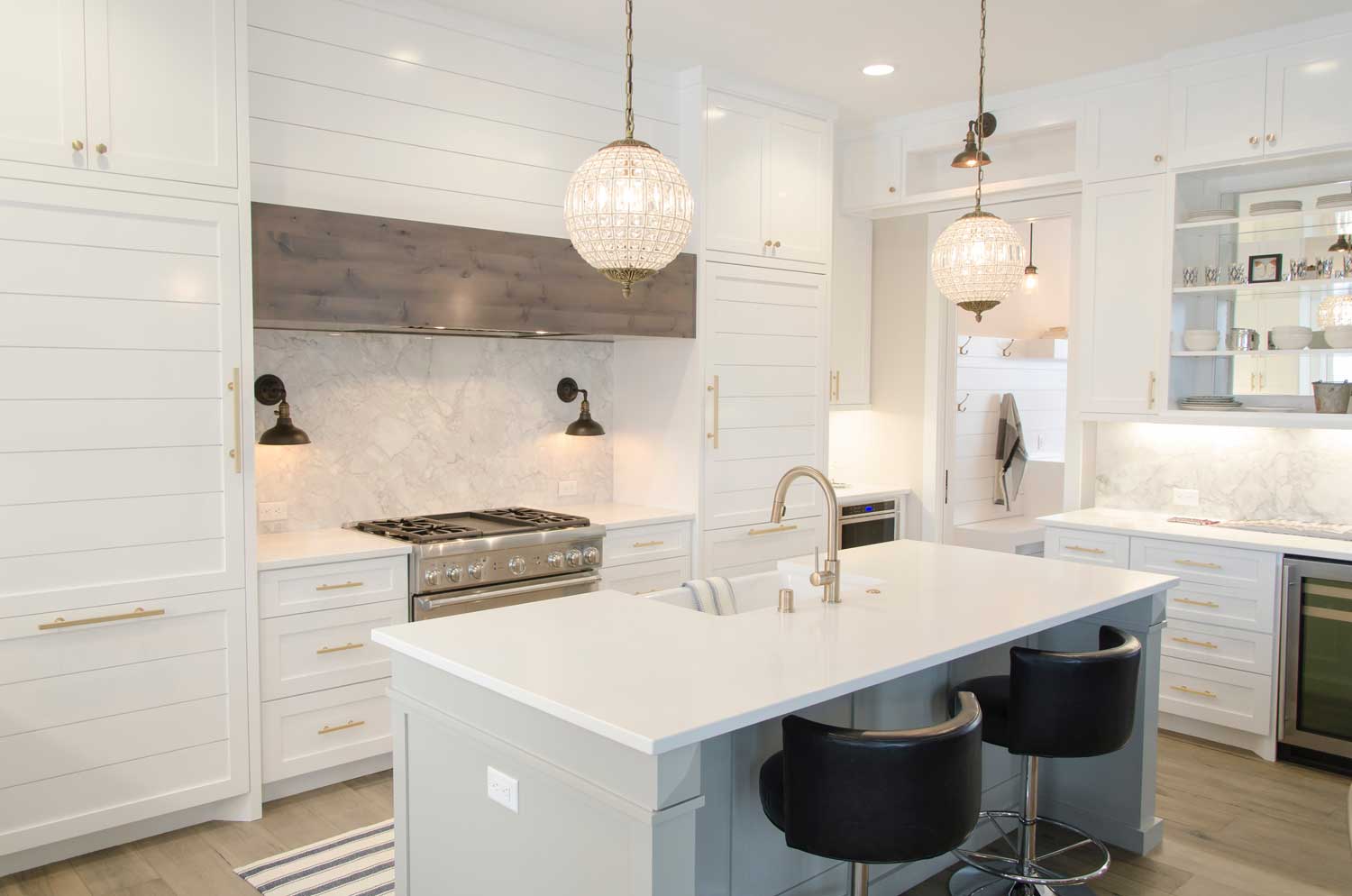Whether you are planning on adding extra space or just need to bring your home to the next level a loft conversion could be the solution. Instead of thinking about extending your home from its four sides the best way is to expand your living space is to go upwards.
Loft conversions are the process of transforming an empty attic space or loft into a functional room, usually a bedroom, office space, entertainment room, or a study. 30% of a property’s potential space is located within the loft area, thus, doing a loft conversion provides a significant amount of room that may be used for a wide variety of accommodation.
Installation of specific insulation is a requirement of building regulations for loft conversions, providing the benefit of making your home more energy efficient. This reason and the opportunity to obtain more space without having to endure the costly and stressful process of moving property are what makes it perfect for many homeowners.
If you are planning on adding a loft conversion, we have listed 10 things you need to know before you get started:
1. Is your loft suitable for conversion?
If you are not sure whether your loft is suitable for conversion first consider your type of roof structure, the angle of your pitch and the head height which is available to you.
2. Will you need Building Regulations approval?
Yes. Building regulations approval will always be required for a loft conversion and is subject to the local authority requirements.
3. Will you need planning permission for a loft conversion?
Planning permission may not be required as many conversions fall within the permitted development rights unless your property is located in some designated areas which have restricted permitted development rights.
4. Which type of loft conversion are you planning to go for?
There are four main types of loft conversion you could choose:
- Roof light – by far the cheapest option
- Dormer – the most popular type of conversion
- Hip-to-gable – only works on detached or semi-detached houses, as it requires a free sloping side roof
- Mansard – tends to be the most expensive type of conversion, but will result in a significant amount of extra space
5. How much will the loft conversion cost?
The cost of your loft conversion will depend on the improvements to be made to the roof structure, the existing available space and whether any adjustments need to be made to the floor.
6. How do you choose a builder or architect?
This kind of home improvement is not something many of us familiarise ourselves with, therefore it is not advisable to manage the project yourself. Having the right people work on your loft conversion makes it a smooth, simple and relatively quick project.
LS Bristol Ltd specialise in all aspects of construction and maintenance. The work we undertake ranges from new builds to extensions.
7. Do you need your freeholder’s permission for loft conversion?
It is usually necessary to get permission from your freeholder to start the conversion. If you don’t they will more likely ask for a percentage of the profit you could make from the increase in value the extension will create.
8. Do you need your neighbour’s permission for loft conversion?
If your property shares a wall with your neighbour’s, then you must first obtain a Party Wall Agreement (PWA). This agreement states that if any cracks have increased or appeared on the neighbour’s property at the end of the project, there are grounds for them to ask for compensation.
9. How much value will a loft conversion add to your home?
Loft conversions can be costly depending on the improvements to be made but can add as much as 15% to your property’s value, especially in places where space is at a premium like London.
10. You need to consider the effect a loft conversion will have on your home’s exterior.
For a more contemporary finish you could use matching brickwork or include rendering or cladding to the exterior to contrast with the existing appearance of the property.
Phone us on 0117 329 0094 or email us at info@176.32.230.52 to consult with one of our experts.

